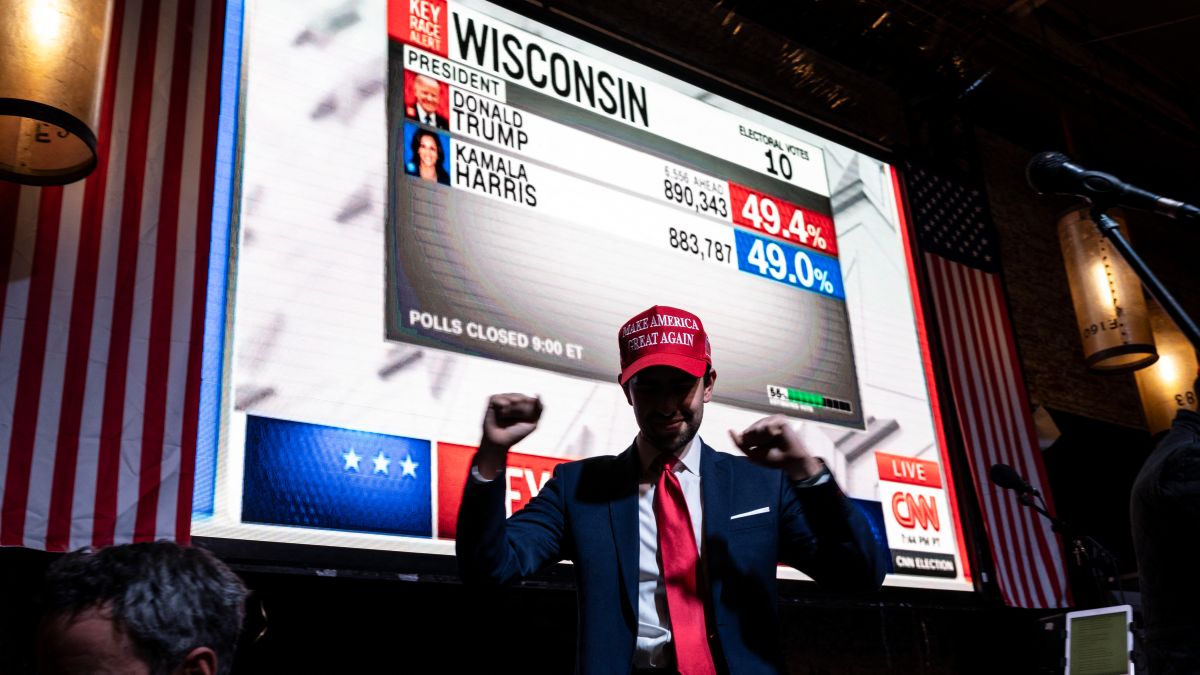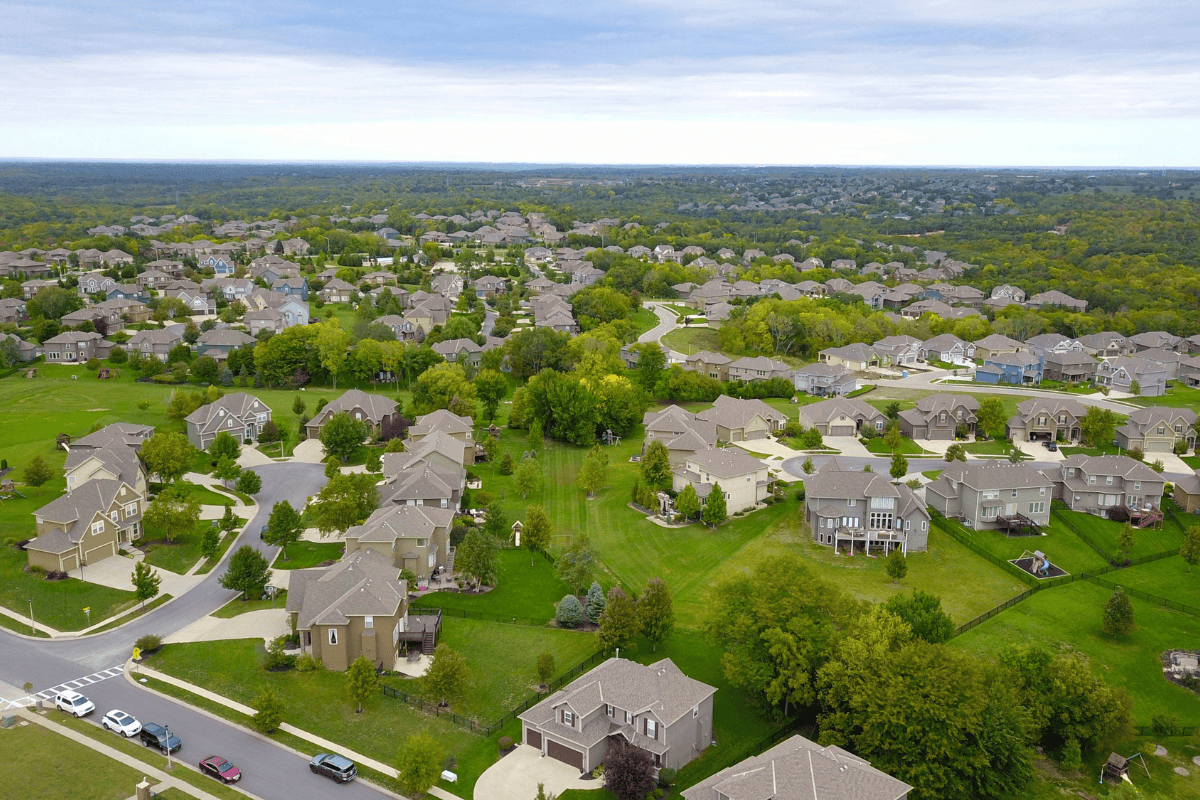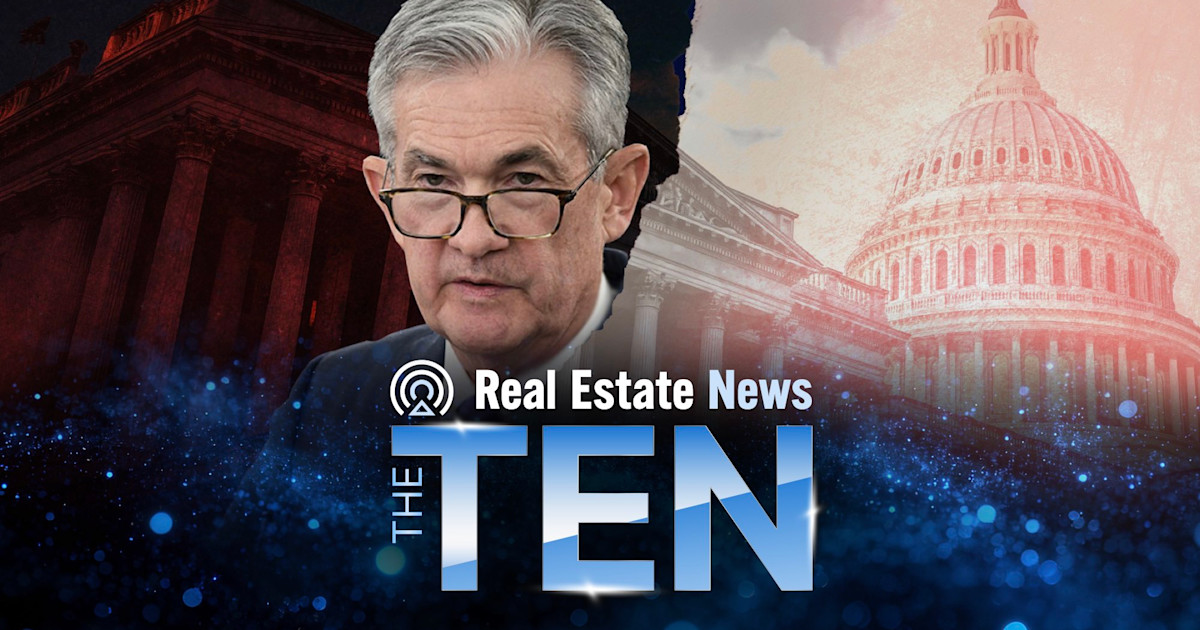W
ith Republicans set to control the presidency and both houses of Congress, President-elect Donald Trump is expected to push through significant legislation that could alter the US commercial real estate environment. However, despite a general sense within the industry that Trump has a more pro-business attitude than his Democratic rivals, there is still uncertainty about which policies will be implemented and when.
One policy that could have a major impact on real estate is tariffs, which Trump has called for increasing to reduce foreign-made products and incentivize domestic manufacturing. Economists warn that severe tariffs could drive up construction costs and lead to higher inflation, ultimately affecting interest rates and the financing environment.
The Republican-dominated Congress is also expected to prioritize tax reform, with a focus on extending or modifying provisions created by the 2017 Tax Cuts and Jobs Act (TCJA). The TCJA's qualified business income (QBI) deduction, which allowed flow-through entities to claim up to a 20 percent deduction, will expire at the end of next year unless extended. Trump has also proposed further reducing the corporate tax rate and reinstating bonus depreciation.
The cost of housing in the US has risen dramatically since the start of the COVID-19 pandemic, with average housing costs accounting for about 45 percent of the core consumer price index. To address this issue, Trump has proposed a multipronged approach, including cutting unnecessary regulations that raise housing costs and opening federal lands for development.
Cryptocurrency could also become a game-changer in the real estate investment space under a Trump presidency. Although once derided by Trump as a "disaster waiting to happen," he has since expressed support for digital currency and its potential use in real estate transactions.
The incoming administration's most striking proposal to lower housing costs is the potential mass deportation of undocumented immigrants, which could reduce demand but also lead to higher construction costs due to a reduced labor force. A survey conducted by the Wall Street Journal found that a majority of economists believed that inflation and interest rates would be higher under Trump than under his Democratic rival.
Despite these concerns, some industry insiders are bullish on interest rate trends and Trump's overall convictions toward the real estate industry, citing his personal history and endeavors in the sector. They believe that lower interest rates will benefit the market and that Trump's presence in the White House could instill confidence in investors.















